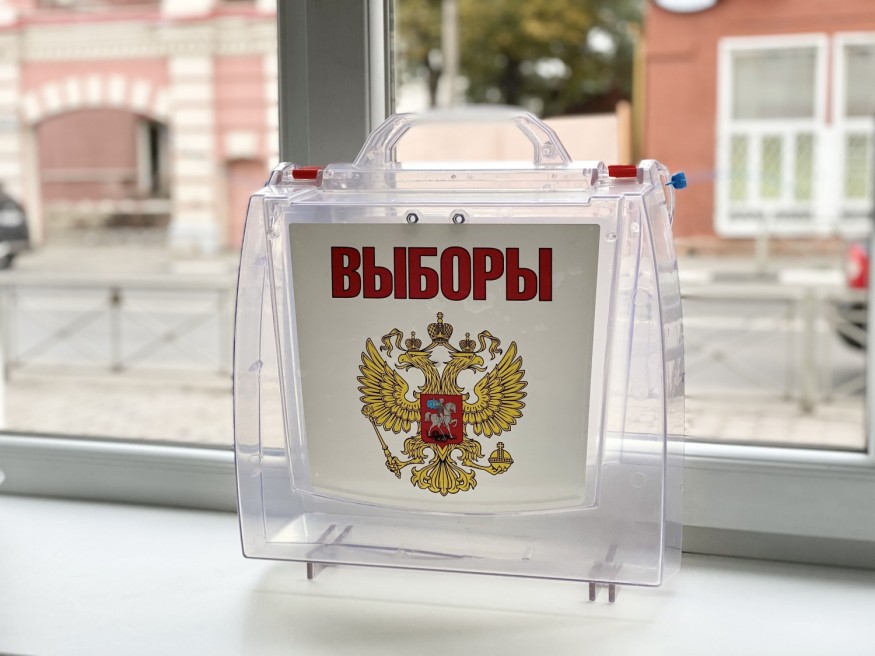
The electoral behavior of Russians during wartime will not differ from the previous year's elections. However, ensuring voter turnout will require significant efforts from the Russian government in 2023 and 2024.
On September 10, 2023, elections are scheduled for the mayor of Moscow and 21 other regions of the country. Additionally, elections are planned in the territories seized from Ukraine and declared by Russia, namely the Donetsk and Luhansk Republics and in the Kherson and Zaporizhia regions. Deputies will also be elected in 16 regions.
On March 17, 2024, presidential elections are planned in Russia. The Russian government has tasked the election organizers with ensuring a voter turnout of at least 70% and securing no less than 75% of votes for the "main candidate." President Putin has yet to announce his run for the next presidency. However, such an opportunity was created for him through the amendments to the Russian Constitution in 2020, which reset the presidential term limits. Therefore, it can be assumed that the flirtation with the public will end with Putin declaring his candidacy for the 2024 presidential elections.
Russians traditionally have an indifferent attitude towards elections, and the unification around the patriotic part of Russian society is unlikely to reflect in the voter turnout at polling stations. A survey by the independent sociological agency "Russian Fields" in May 2023 showed that 24.7% of Russians do not plan to vote in the 2024 presidential elections or are uncertain about it. The most remarkable indifference towards the elections was expressed by citizens aged 34 to 59. Sixty-two percent of respondents said they consider the elections in their region unfair.
In wartime conditions in Russia, all aspects of public-political life are significantly restricted, and opposition activities are treated as state treason and subversion of the constitutional order. Russians are intimidated by criminal cases for spreading "fakes" about the efforts of the Russian Armed Forces in Ukraine, which are accompanied by lengthy imprisonment terms. Pacifism in modern Russia is criminalized. Russian propaganda cultivates images of the enemy and a cult of death in the name of the Fatherland.
Therefore, despite the most optimistic sociological data suggesting that the "United Russia" party is supported by 30% of voters and that Vladimir Putin is liked by 71%, Russians are unlikely to spend their time visiting polling stations on election days voluntarily. Organizing voting in disputed territories in Ukraine seems particularly questionable from a legal and technical perspective.
Serious administrative efforts by local authorities will be required to mobilize voters. It should be noted that in Russia, the state, not political parties, engages in campaigning for "their" voters to participate in elections.
The mobilization network for elections is hierarchically structured and operates continuously rather than from one election to another. The Administration of the President of the Russian Federation heads it. In the regions, the network is supervised by the ministries of internal policy. The mobilization structure includes local election commissions, regional branches of political parties, regional and municipal deputies, district heads, and community leaders.
The voluntary turnout of Russians for the elections in 2023/2024 will be even lower for several reasons. Firstly, there is a general apathy due to the war and the social and economic problems it has caused. Secondly, there is a growing understanding that the voter's voice does not matter: in practice, free pre-election campaigning is prohibited in Russia, and all parties have adopted a pseudo-patriotic stance, supporting the war and calling for unity around the president to defend against the "external threat" from the " Сollective West." Thirdly, why bother voting when only candidates approved by the government are allowed to run, making no difference in who specifically occupies the elected position.
Nevertheless, the upcoming elections are essential for the Russian political elite because they must demonstrate to the international community that the voters support the actions of the Russian government. In other words, if Russians allow Putin's plans for the upcoming elections to be realized, they will express their general agreement with his policies.
© 2026 ScienceTimes.com All rights reserved. Do not reproduce without permission. The window to the world of Science Times.










